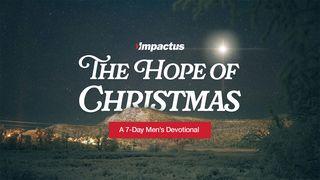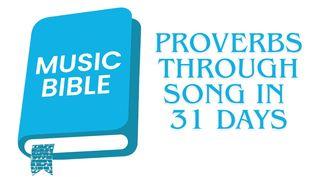Gratitude and Generosity at Workნიმუში

The One Who Began a Good Work
In the context of his opening prayer for the Philippians, Paul shares his conviction of God’s work in and among the Philippian believers. “I am confident of this, that the one who began a good work among you will bring it to completion by the day of Jesus Christ.” The “work” Paul refers to is the work of new birth in Christ, which leads to salvation. Paul continues his work as their teacher and apostle, and he says it is “fruitful labor for me.” Yet the underlying worker is not Paul but God, for God is “the one who began a good work among you.”
The NRSV speaks of God’s work “among you,” while most English translations speak of God’s work “in you.” Both are apropos. God’s good work begins in individual lives. Yet it is to be lived out among believers in their fellowship together. The main point of verse 6 is not to restrict God’s work either to individuals or the community as a whole, but rather to underscore the fact that all of their work is God’s work. Moreover, God continues working in and among us until his work is complete. Only when Christ returns will God’s work be finished.
Paul’s job is evangelist and apostle, and there are marks of success and ambition in his profession, as in any other. How many converts you win, how much funding you raise, how many people praise you as their spiritual mentor, how your numbers compare to other evangelists—these can be points of pride and ambition. Paul admits that these motivations exist in his profession, but he insists that the only proper motivation is love. The implication is that this is true in every other profession as well. We are all tempted to work for the marks of success—including recognition, security, and money—which can lead to “selfish ambition” (eritieias, perhaps more precisely translated as “unfair self-promotion”). They are not entirely bad, for they often come as we accomplish the legitimate purposes of our jobs. Getting the work done is important, even if our motivation is not perfect. Yet in the long run (Philippians 3:7–14), motivation is even more important and the only Christ-like motivation is love.
How does this apply to your work?
წმიდა წერილი
About this Plan

Gratitude and generosity are twin themes that echo throughout the Bible. Gratitude is the acknowledgment of God's gifts, while generosity is a tangible expression of that thankfulness, often through cheerful giving and service to others. This reading plan from the Theology of Work Project explores gratitude and generosity in twenty books from the Old and New Testaments, with a particular focus on how these ancient insights might be useful for you in the modern workplace.
More
Related Plans

The Hope of Christmas: A Men's Devotional

10 Commandments for Athletes From Philippians

When the Flood of the Enemy Comes

Unmasked — Rediscovering Your True Identity in Christ

John Through Song in 7 Days

Redeemed in the Aftermath

Proverbs Through Song in 31 Days

The Way of the Wildflower: Gospel Meditations to Unburden Your Anxious Soul

Understanding God as Father
